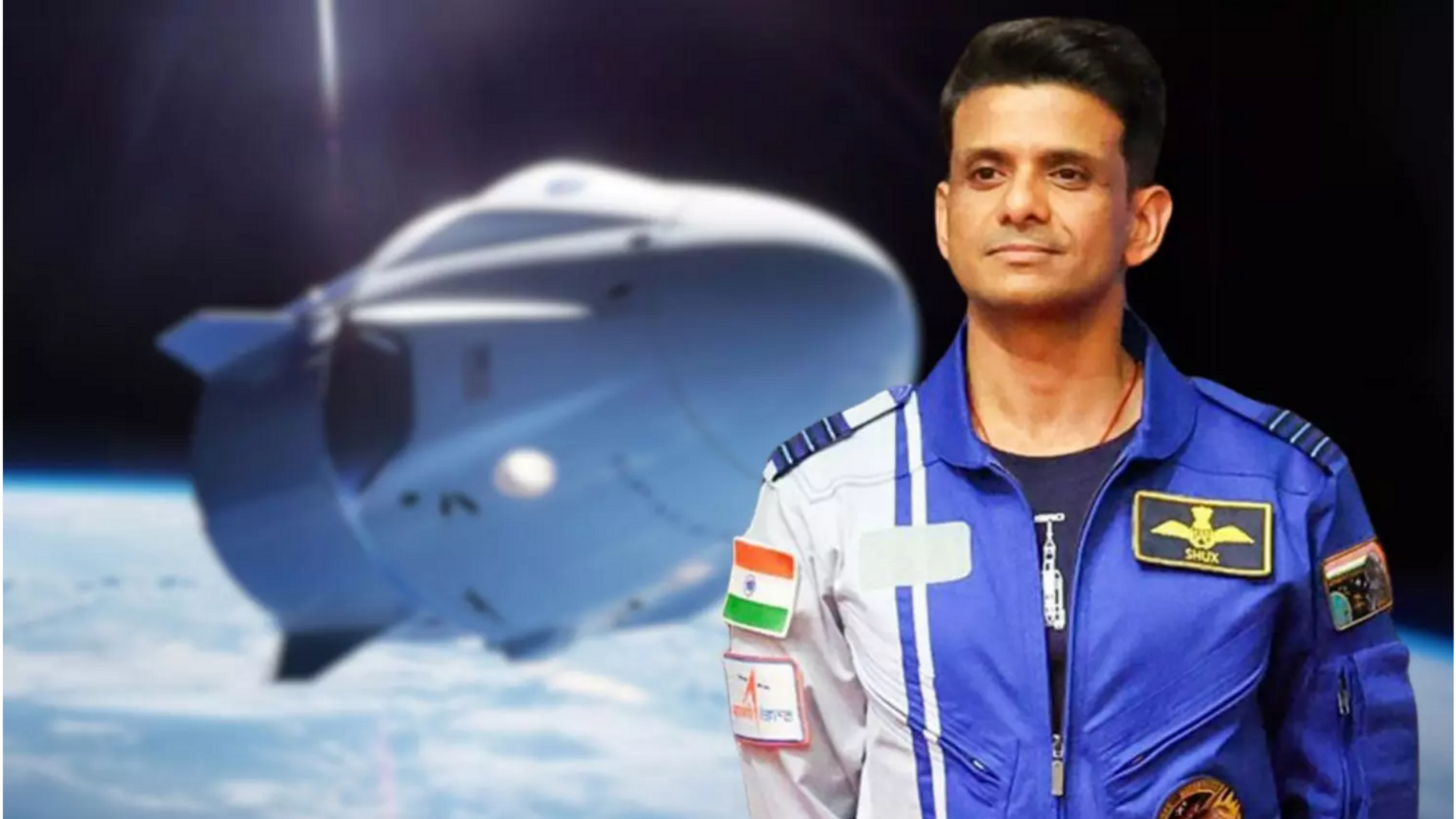
Shubhanshu Shukla to speak with students from ISS today
What's the story
Indian astronaut Shubhanshu Shukla is scheduled to connect with school students at ISRO's North East Space Applications Centre (NESAC) in Shillong via a ham-radio telebridge from the International Space Station (ISS) today. The interaction is part of the Amateur Radio on the ISS (ARISS) program, which aims to inspire STEM interest among students. The crew of the Axiom Mission 4 (Ax-4) is in its last week on the ISS.
Research details
Shukla conducts experiment on cyanobacteria
Ax4 crew, including Peggy Whitson, Sawosz Uznaski-Winiewski, Tibor Kapu and Shukla, have been working for 11 days on research that could revolutionize space exploration and life on Earth. Shukla led a key experiment focusing on cyanobacteria, photosynthetic microorganisms with immense potential for life-support systems in space. The cyanobacteria experiment involved capturing imagery and centrifuging two distinct strains to understand how microgravity affects their growth, cellular behavior, and biochemical activity.
Sustainability research
Space microalgae study
In another effort, Shukla redeployed a culture bag for the Space Microalgae study. This research is testing microalgae's ability to produce food, oxygen, and possibly biofuels. The short life cycles, high photosynthetic output, and resilience of these microorganisms make them ideal candidates for sustaining human life beyond Earth. The study is a collaboration between ISRO, NASA, and the Department of Biotechnology.
Human factors
Other experiments being conducted by the crew
The Ax-4 crew also continued the Voyager Displays experiment, which studies how spaceflight affects eye movement, gaze coordination, and pointing accuracy. The findings could help design more intuitive spacecraft interfaces for astronauts' unique cognitive and motor challenges in orbit. Supporting the PhotonGrav study, a crew member collected neural activity data using functional near-infrared spectroscopy (fNIRS). This research looks at how the brain adapts to microgravity and tests brain-computer interfaces for space applications.